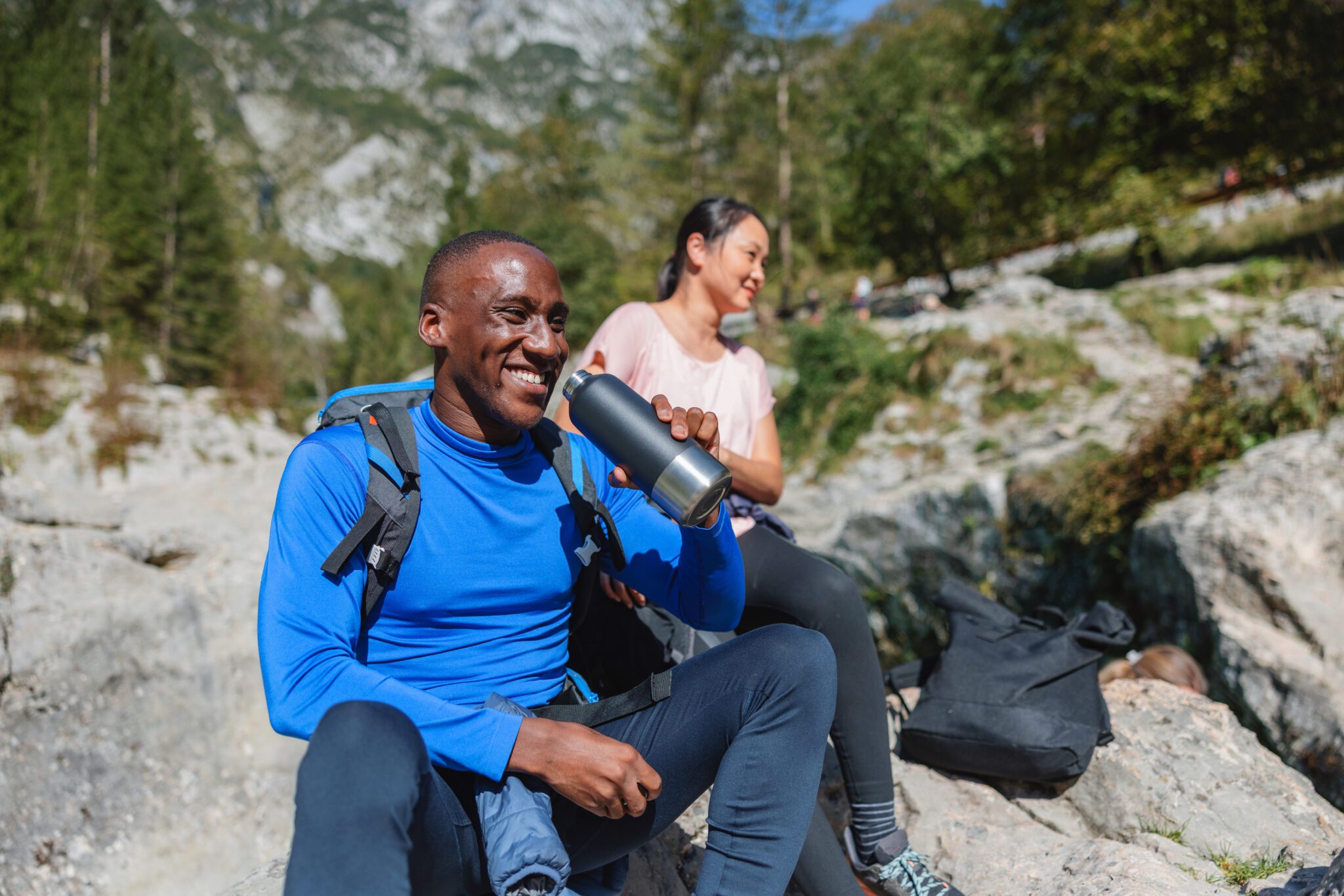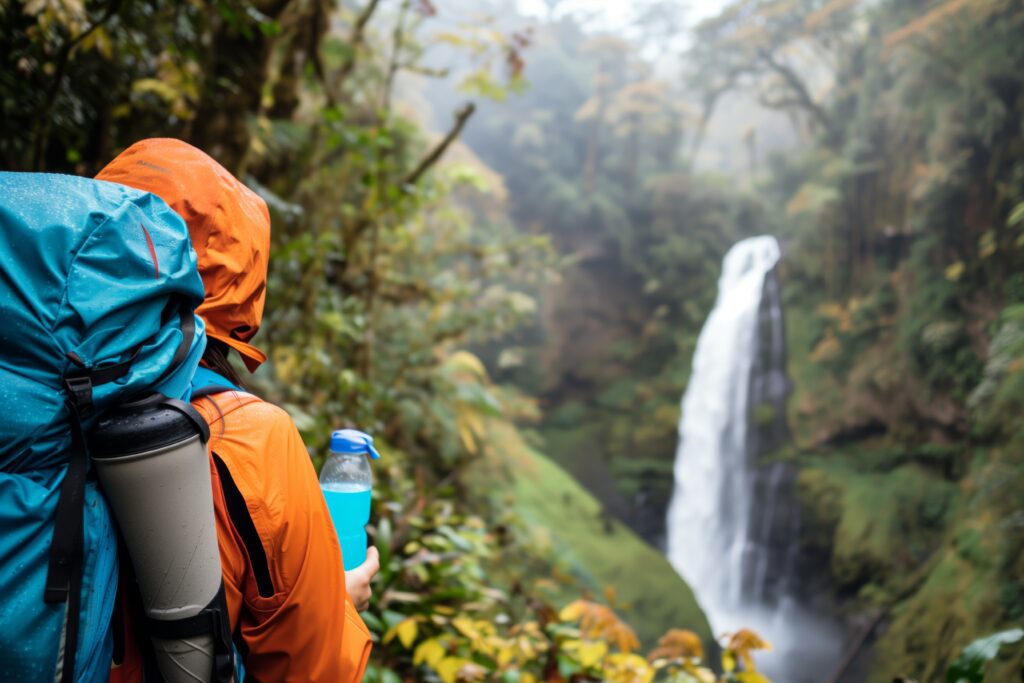In a significant step towards enhancing sustainability and consumer safety, California has recently enacted two pivotal bills that will reshape compliance for manufacturers and retailers. The Responsible Textile Recovery Act of 2024 (SB 707) and the Household Product Safety: Toxic Substances: Testing and Enforcement (AB 347). Concurrently, Canada is implementing a new PFAS reporting rule, requiring importers to disclose specific per- and polyfluoroalkyl substances. These regulations will require immediate attention from outdoor industry brands and manufacturers. Our Clean Chemistry and Materials Coalition is here to support members with guidance and collaboration to ensure compliance and sustainable progress.
Two sustainability bills signed into law in California:
- The Responsible Textile Recovery Act of 2024 (SB 707)
- What is it? This law adopts a stewardship program for textiles, requiring producers to fund, design, and implement a program via a producer responsibility organization (PRO) for collecting, sorting, and recycling textile articles.
- How does this impact outdoor brands? If you sell textile products in the State of California, you will be subject to this rule, which is slated to go into effect on January 1, 2030.
- Household Product Safety: Toxic Substances: Testing and Enforcement (AB 347)
- What is it? This law requires covered manufacturers to register with the Department of Toxic Substances control, pay a registration fee, and provide a statement of compliance.
- How does this impact outdoor brands? If you produce textile articles, juvenile products, or food packaging products, you will be subject to this rule, which is slated to go into effect on July 1, 2029.
New PFAS Reporting Rule in Canada:
- What is it? The Notice with respect to certain per- and polyfluoroalkyl substances (PFAS) creates reporting requirements covering 312 PFAS when manufactured, imported, or used above certain thresholds.
- How does this impact outdoor brands? If you are the importer of record of any covered product under this notice, you must submit your report to Environment and Climate Change Canada (ECCC) by January 29, 2025.
Looking for expert guidance on how to ensure your brand is meeting new and upcoming sustainability requirements? OIA’s Clean Chemistry and Materials Coalition provides members with a scalable action plan for eliminating and replacing harmful chemicals and materials, delivering supply chain transparency, recycling and emission disclosures and more. Contact our sustainability team to learn more sustainability@outdoorindustry.org










